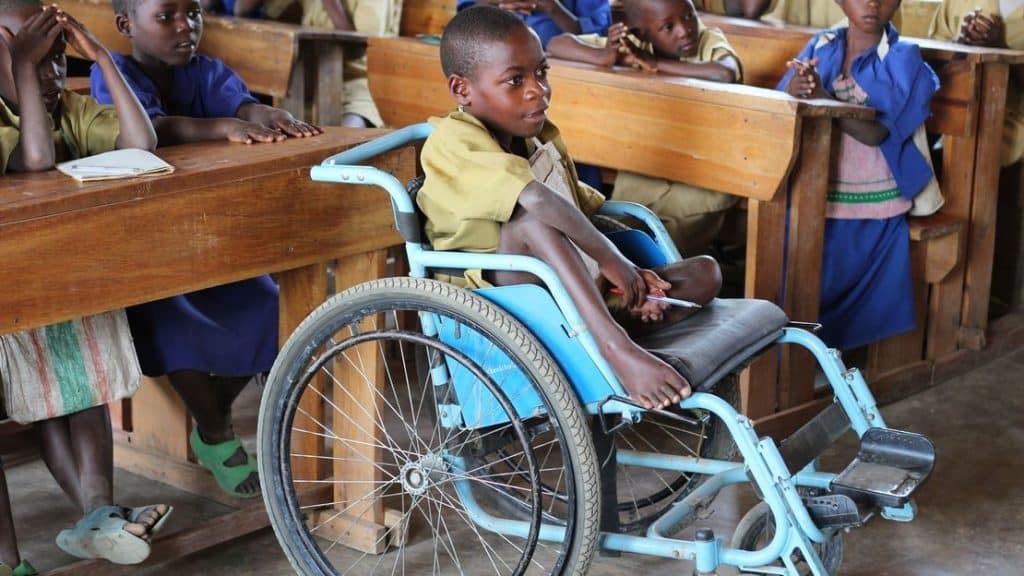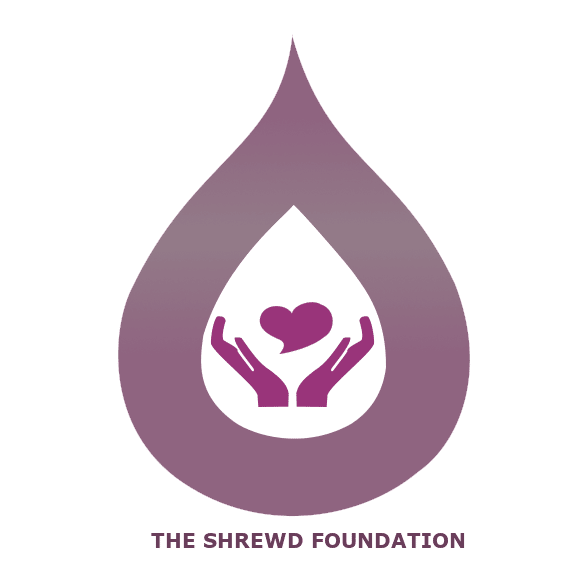In the wake of the coronavirus pandemic, many human institutions have been crippled and locked out of normal functioning. Unfortunately, street children with disabilities are amongst the estimated 5 million Ghanaians believed to be living with disabilities who have not been spared by the dark days of this novel virus. With the number of street children on the streets of Ghana on the rise (that’s from 30,000 in 2011 to 90,000 in 2014), it wouldn’t be out of place to state that the number of those with disabilities has possibly gone up.
Families’ inability to cater for children with disabilities, and what they see as a burden has been identified to be one of the major causal factors for the presence of children with disabilities on the streets. Before COVID-19, the survival of street children with disabilities mainly depended on begging for alms from passers-by both along the streets and within traffics. There were some, however, occasional measures by governments as well as non-profit organizations to cease the matter but it did not see the light at the end of the tunnel. The problems of street children living with disabilities are already enormous; how then do we ensure they don’t become worst in this era?.
Access to information; responsible institutions must ensure that information isn’t only accessible but also available to these children. Access to information is a human right and no one including Person With Disabilities (PWD) street children is to be denied this right. Instructions on how to wear the face mask/shield, how to apply the hand sanitizer, regular washing of hands under running water, and keeping of physical distances must be communicated to them in a comprehensible language. This is where commendation must be given to the Centre for Initiative Against Human Trafficking (CIAHT) for using one of the easily accessible mediums, the radio, to reach out to a wider number of people with education on the covid19 protocols. Flyers on all COVID-19 related issues must be made child-friendly.
Also, very important is access to health facilities. It’s so true that many of these PWD street children are unable to access health facilities when they fall sick and that must be of interest to all particularly the governmental institutions responsible. We should be able to send the clinics to their doorsteps or better still provide insurance that can fully cover the cost of medical bills which usually prevents street children from visiting the clinics.
In all, we must know that while we stay at home or under lockdown, PWD street children do not have a home to stay in and be safe. Ensuring their safety is a collective decision. HELP A STREET CHILD TODAY!.
Written by: Duncan Alidza








